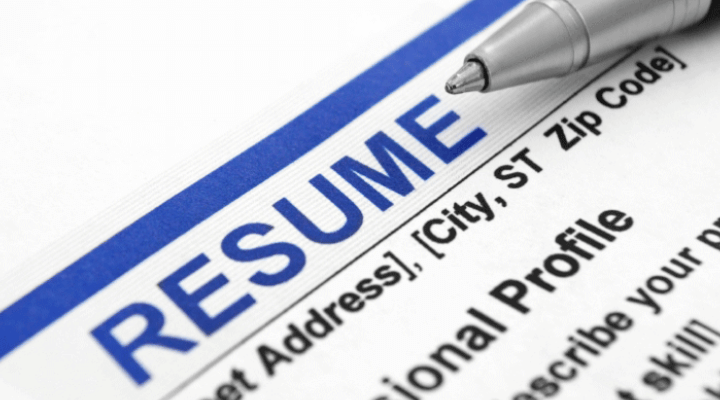It’s not easy to translate your military experience to the civilian or corporate world in a resume. But when you transition, it’s something you have to do. While there are many veteran recruiters out there, particularly in large companies, you cannot count on all companies being able to grasp military lingo. While government contractors may understand it, the chances of other companies getting it are slim. If you’re not undergoing a transition out of the military, but simply out of a long career in the federal government, you will also need to translate your experience for the outside world. Here are some questions to help you shape your post-military or post-government resume.
What do my leaders and colleagues say about me?
Take a look back at commendations received via email, letter, or in performance appraisals. Think about times you’ve been complimented by peers or your leadership. What are you recognized for; what makes you unique? The key sentiments can and should be incorporated into a career summary, cover letter and/or career profile summary. The way to do that is by starting a phrase off with something like: “Recognized for….”, “Known as….”, or “Unique ability to…”
What would my job title be in the non-military working world?
This is going to require talking to veterans who have already made the transition and researching job postings and titles. If you worked in a logistics role, some common titles to take a look at might be supply chain manager, logistics analyst and operations manager.
Have you looked at job postings for possible targets?
Searching job sites for titles will also allow you to read through job postings to understand the responsibilities and requirements of jobs. Read through as many as you need to in order to try and figure out what sounds most interesting to you, and what does not sound good. You should also take advantage of online assessments and job search preparation programs offered by your military transition center. These tools should help you determine possible targets. Once you know what those are as well the common job requirements, you will begin to understand the key terms and skills you need to highlight in your resume.
What specific things did I do in my roles, and what was the end result or goal?
In order to write your bullets under each job description, you need to ask yourself insightful questions to go beyond listing your duties. For example, what types of people or teams did you lead? How many people did you supervise? What size budget were you responsible for? Where and when have you demonstrated your presentation skills? What is an example of a process improvement that you made, how did you do it, and what was the end result? Even if you cannot point to results, quantitative or qualitative, consider the end goal or purpose of each task and include it in each bullet to describe your work. This helps employers understand that you are a results-oriented, thoughtful employee. If you’ve developed relationships with or worked with well-known organizations or officials, make sure you name them.
What training did I receive that will resonate with employers?
If you’ve been in the military for an extended period of time, you don’t need to list all training. For example, tank training or defensive driving may not be relevant to jobs you are applying to. However, any training that you think might relate to outside jobs should be included. Common examples of those would include things such as specific technical training and leadership training. Training typically falls under the education and professional development section. If you can, include the organization where the training took place, location and year.
Did I receive any awards?
Pull out your awards and list them in a separate section of your resume above education and professional development. Include the year you received each one.
What technical skills do I possess?
If you have a large number of computer, software, or other technical skills, you may want to make this a separate section altogether at the end of your resume. If you also have knowledge of foreign languages, volunteer and/or community leadership experience, you can roll all this up under a section called additional information.
As you write your post-military resume, doing a little bit of extra research and asking yourself the right questions can go a long way. Once you have a first draft, ask veterans and trusted partners external to the military and government world look at your resume and provide comments. Someone who is less familiar with those areas will be able to tell you if they understand what you did or not, and help you figure out how to revise it appropriately.



